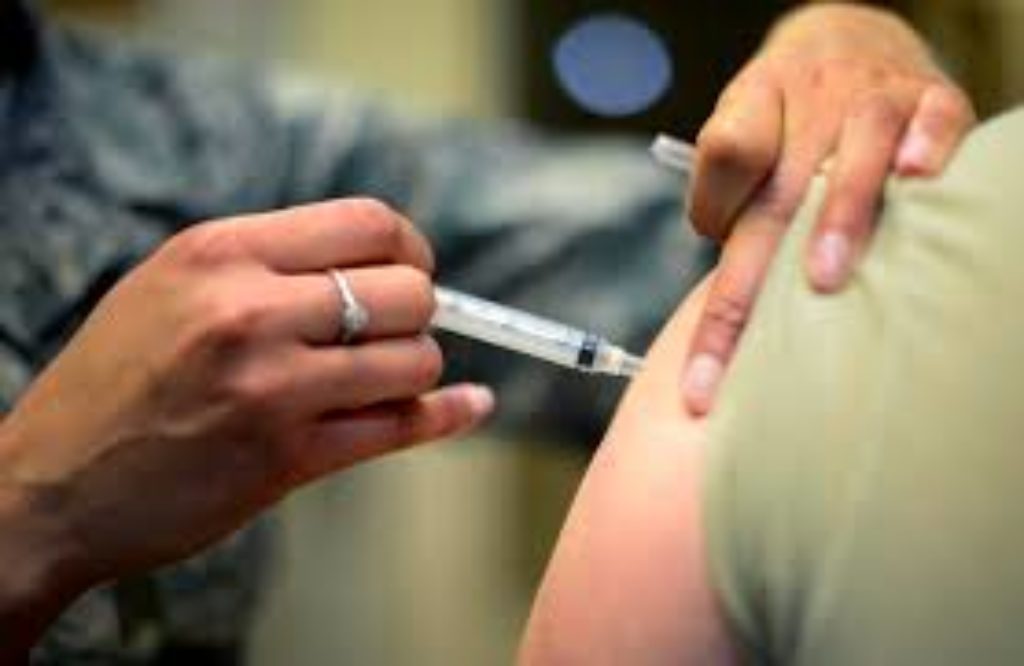More parents are seeking to avoid childhood vaccinations in states that allow nonmedical exemptions. These “hotspots” of decreasing vaccination rates, some of which include large urban cities, are likely locations for future outbreaks of preventable disease.
I recently cared for a child with a bloodstream infection caused by a nontypable Haemophilus influenza, one of the more common causes of childhood upper and lower respiratory tract infections such as sinusitis and pneumonia. It isn’t a common cause of disseminated infection, but it isn’t unheard of and it tends to have a good outcome. The child received appropriate medical care and left the hospital smiling in anticipation of seeing her friends at school the next day.
What made this case particularly interesting to me wasn’t what bacteria caused her illness but what bacteria didn’t. I couldn’t help but consider how the course of this child’s life would have almost certainly been changed for the worse, if she even survived, had she suffered from disease caused by a very closely related and much more dangerous bug: Haemophilus influenza type b, also known as Hib. Hib, an adversary of humanity that still strikes fear in the hearts of many a pediatric medical professional, is a bacterial pathogen that I have never seen and probably never will.
Since 1990, at least in the United States and most of the developed world, infants have received an extremely effective vaccine that protects them from Hib. As expected, the incidence of infection with this dreaded bacterium has plummeted dramatically. So very few children in regions where the vaccine is in widespread use will ever experience the meningitis, epiglottitis, or cellulitis that in the past killed thousands of children every year.
Unfortunately, a paper published in PLOS Medicine earlier this week detailed a worrisome trend in several states. More parents are seeking out nonmedical exemptions (NMEs) in several states despite all the efforts of the medical community and other proponents of vaccines, the overwhelming success of vaccines such as the one that has prevented immeasurable suffering from Hib infections over the years, and the increasing outbreaks of vaccine preventable infections across the country.
Currently 18 states allow so-called “philosophical-belief” exemptions from childhood vaccination, while all but three (CA, MS, WV) allow exemptions based on religion. According to data compiled since 2009, rates of these non-religious NMEs have increased in 12 of the 18 states. The states with these higher rates of NMEs are Arkansas, Arizona, Idaho, Maine, Minnesota, North Dakota, Ohio, Oklahoma, Oregon, Pennsylvania, Texas, and Utah.
Read the full story at Science-Based Medicine


